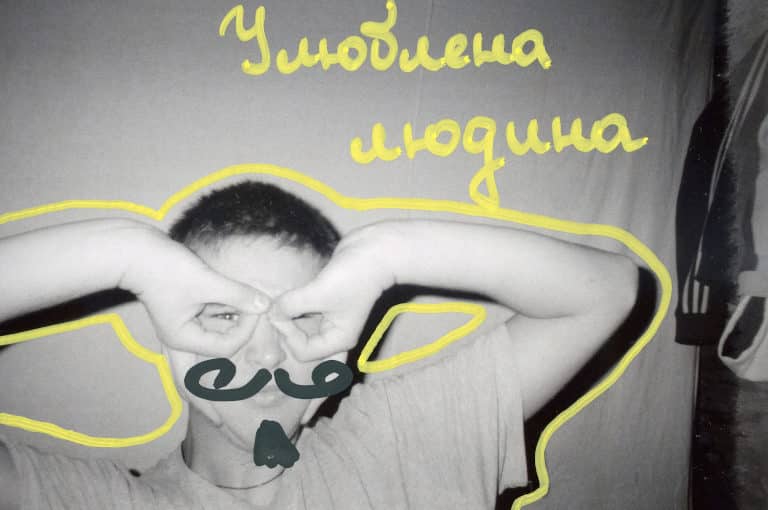Since 2022, Libraries without Borders and its partners have been deploying libraries in Poland and in Moldova to guide and support populations displaced by the war in Ukraine. Installed in rception centers and schools, these cultural spaces allow children and their parents to recharge, familiarize themselves with the local language and culture, and escape from a challenging daily life in exile.
Find our partners on the land.
Two years after the start of the war in Ukraine, the United Nations identify close to six million ukranian refugees in Europe, about 15% of the country’s population. Welcomed principally in the neighboring countries- Poland, Moldova, Hungary, Slovakia, and Romania- they all try every day to continue to live, far from repairs and despite the trauma.
“Children in particular have been- and are still- confronting significative challenges. They need to adapt rapidly, learn a new language, catch up on school work and find new friends. Although there are fewer and fewer of them, those who are not enrolled in school suffer from isolation.” Annemarie Vanlangendonck, Life Polska Foundation.
With almost a million Ukranians, Poland is the country that takes in the most refugees. Faithful to its mandate to facilitate access to knowledge for everyone, LWB deployed three libraries Ideas Box in the country: one in the community center of the Kocham Debniki foundation in Krakow and two others in the Life Polska foundation in Warsaw. Every day, children meet there to read comics and childrens books selected in ukranian and in english chosen by our team, play board games, draw, watch films, or simply rest.
For the parents, notably the single mothers, resources are also available to give them the keys to best support them while they try to integrate their child.





